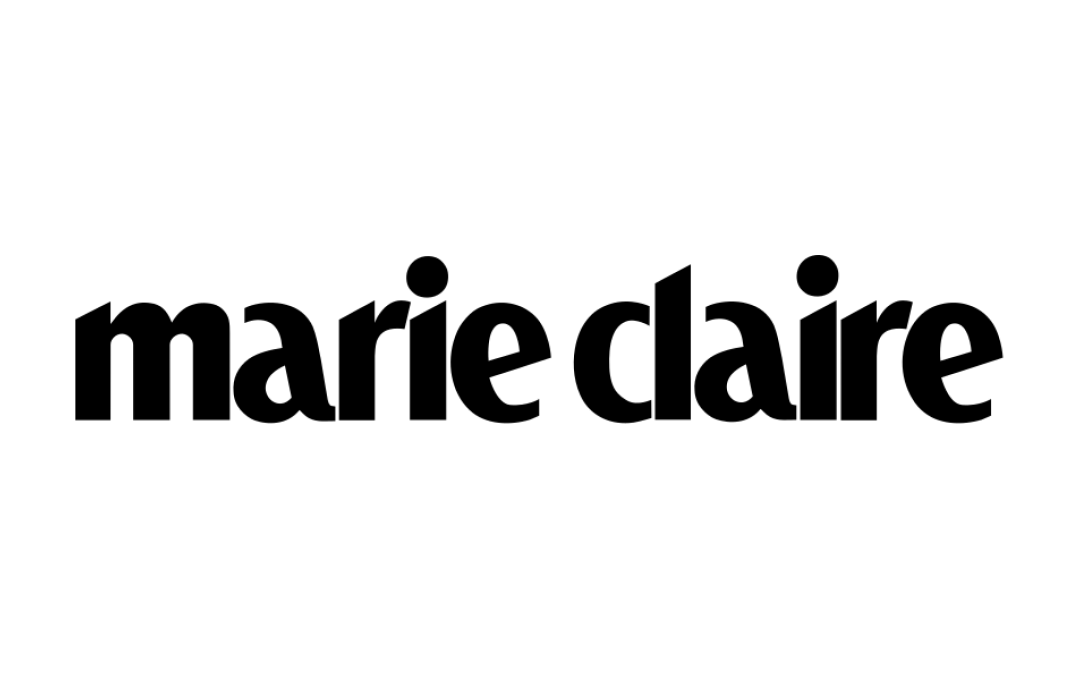Béa in the press
We're on a mission to revolutionise fertility care, and the world is talking about it.
Our thoughts on The Alabama Ruling via Stylist
In March, Béa's Founder, Tess, shared her thoughts on the Alabama ruling with Stylist, and what the first-of-its-kind decision means for the future of IVF, fertility and the policing of women's bodies.
"This ruling may not impact you directly, but it does impact our fertility community. It impacts the incredible families and fertility warriors in our community who are in Alabama, it impacts the amazing scientists and doctors who have had to stop helping people build families. And let's be clear: other states in the US will be next."


I've spent £50,000 on IVF and I still don't have a baby
An extremely insightful, emotional and eye-opening piece by Anita Guru in The Telegraph in February, talking about her TTC journey. We were thrilled to be able to offer our analysis on the Human Fertility and Embryology Authority (HEFA) fertility dashboard to the piece.


The True Cost of Fertility
For Elle's January print issue, Béa's Founder, Tess, spoke to them about the history of ICI (intracervical insemination), and what we're doing at Béa to offer an affordable at-home fertility treatment to try before IVF.


This Forgotten Affordable Fertility Treatment is Making a Comeback
Fertility treatment is increasingly expensive and inaccessible for many. NHS treatment in England is dictated by a postcode lottery and cuts to funding (together with inconsistent rules about access) mean that only 32% of the country's IVF cycles and 6% of IUI cycles are funded by the NHS. The rules are even harder to navigate for same-sex couples and single women, who are left with no choice but to go down the private clinic route. This can cost up to £1,600 for one round of IUI and over £5,000 for one round of IVF.


Trends to watch in femtech in 2022 and beyond
On the treatment side is burgeoning fertility-as-a-service startup Béa Fertility. Based in the UK, the startup plans to offer at-home fertility treatment as a monthly subscription service — the first of its kind — along with access to an app, a support community and a network of experts.


The first at-home fertility treatment is coming to the UK. So, how does it work?
According to Chloë Mulholland, midwife from Do It Like A Mother there are pros and cons to the kit.
“Going through struggles with fertility can be one of the most stressful times in a person’s life," she explains. "Access to fertility treatment on the NHS can be a postcode lottery, with some areas offering far easier access to help than others, and the option of paying privately can be out of reach for many, leaving some people with little help at all."


Fertility: Why no one talks about ICI
Equal and equitable access to fertility care remains a challenge for the over 48 million couples struggling to conceive. We meet Tess Cosad, co-founder and CEO of Béa Fertility, and deep dive into the world of ICI.


This startup is making at-home fertility treatment affordable
Fertility treatment is infamously tough to access. While one in seven couples in the UK faces infertility challenges, it is estimated that less than five per cent of these can get treatment. Because of cuts to funding and stringent rules on who can be treated, just 35 per cent of IVF is funded by the NHS, and increasingly the field is dominated by expensive private clinics. For lesbian couples, who have to use fertility treatments to have children using donor sperm, the problem is even worse.

